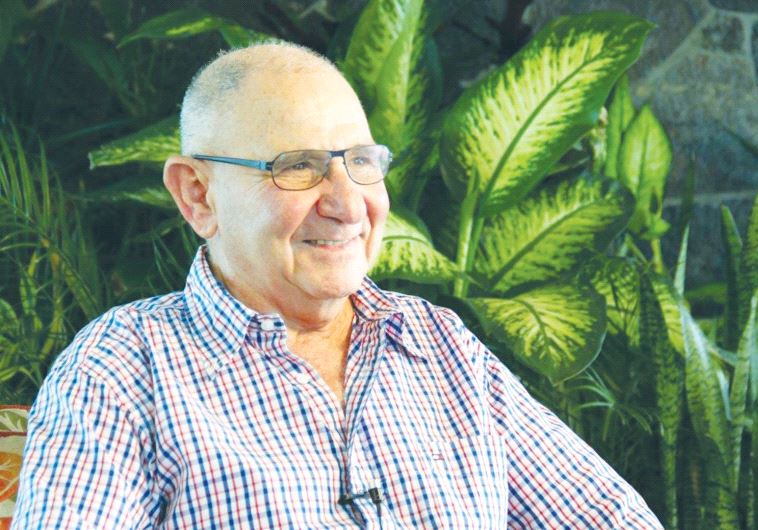Israeli pathfinder in plant-based biopesticide industry earns posthumous award
Peter Tirosh, founder of Stockton Group, honored for his work to safeguard crops.
 PETER TIROSH, who died on February 19, was a revolutionary in the field of biological pesticides.(photo credit: COURTESY TIROSH FAMILY)
PETER TIROSH, who died on February 19, was a revolutionary in the field of biological pesticides.(photo credit: COURTESY TIROSH FAMILY)